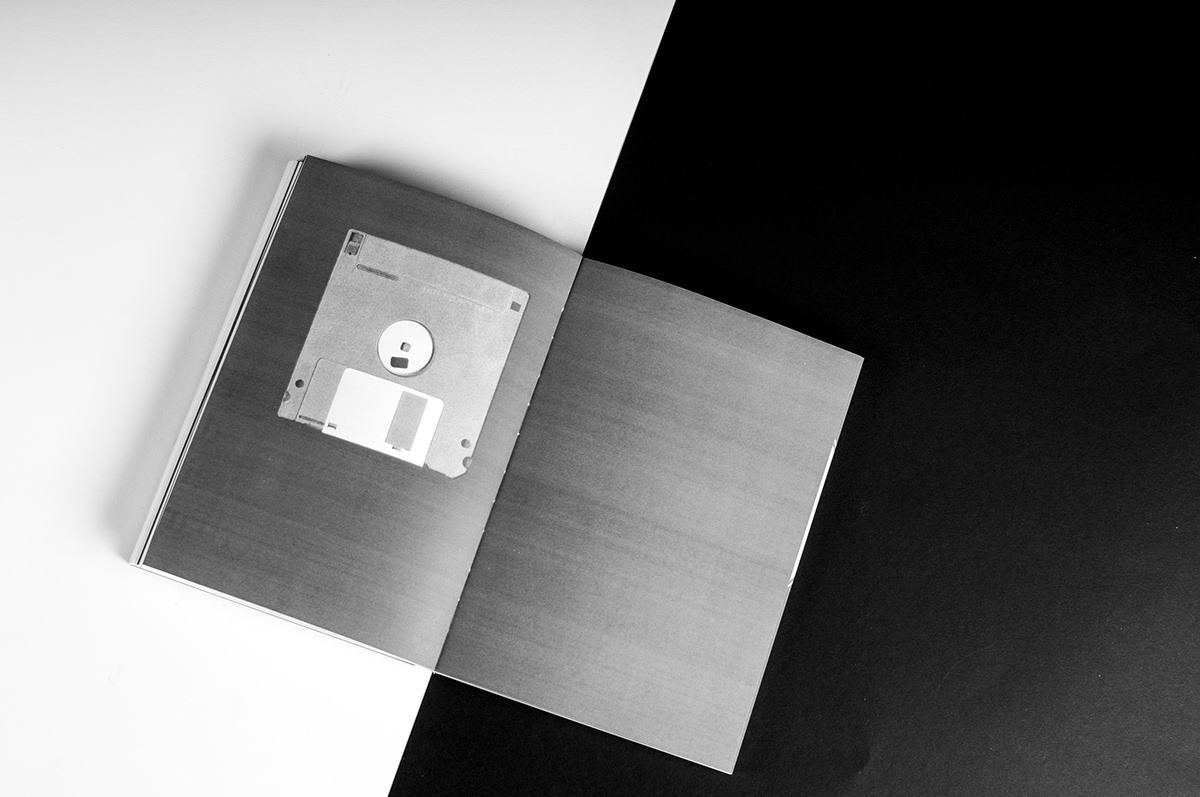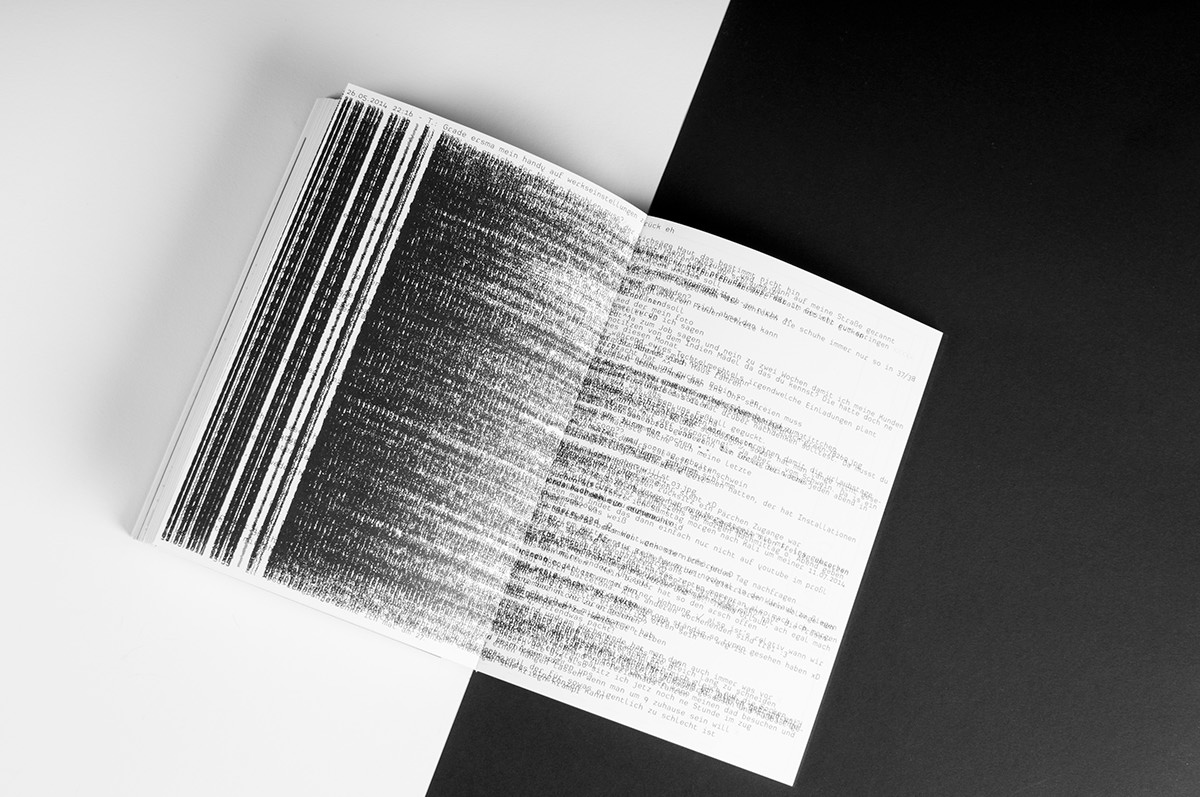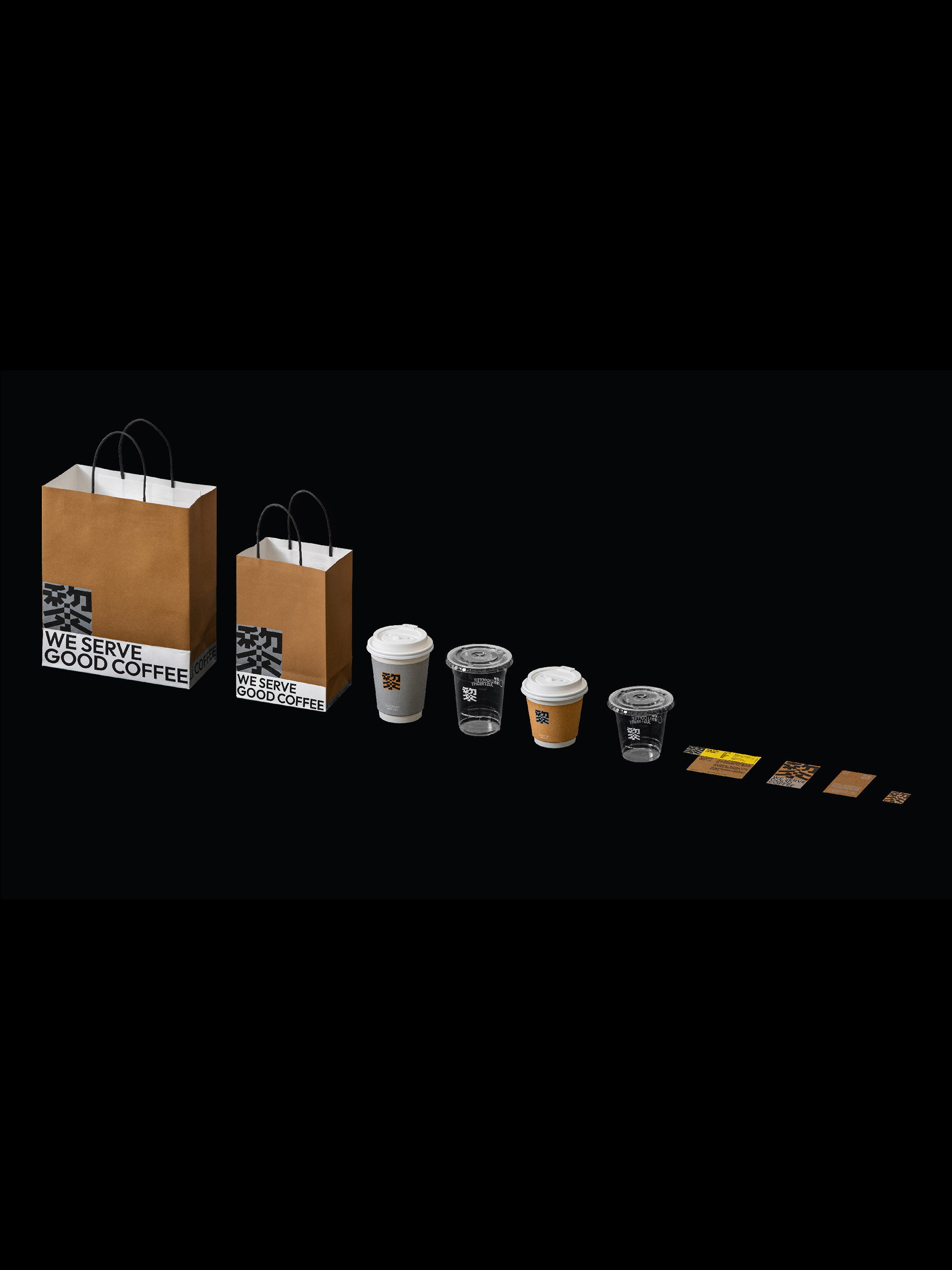
Memory — 1
Oblivion — 0
Memories become digital,
oblivion gets deleted.
The book addresses the issue of the emancipation of our memories and the loss of oblivion in a world that becomes more and more digital. It shows how our brains deal with our memories, how computer do and in which way our behaviour changes when memories become digital and storage space infinite.
We're already living in a world dictated by bits and bytes where society apparently has set itself the task to compile and save any kind of information despite its value and its effects on current and prospective generations. Facing a time in which everything becomes digital commencing with our favourite piece of music through places we have been right up to our social lives we have to ask ourself what «oblivion» will mean to us and if it‘s time to reconsider our perception of it.
The big question: Where will that lead us — a society that can’t forget? Where mistakes still be actual after a vast amount of time. Where we deter ourself to commit mistakes. And where our memories will dictate us every single moment what is right and what is wrong. Should we let our present and future live be determined by every single memory we have stored and can't get rid of or will we take control about what we think is worth to be stored?
The Structure.
To have a connection to the digital in an analogue book I implemented something I have called the »software« of the book. This software manifests itself in the contrasting »system font« but also in the pictograms and graphics that show typical biological memory problems in an digital software context [system alerts] and furthermore it gives suggestions of words that could also fit.
The pages are made up of several information layers which are more or less informative but should reflect the complex structure of our memories. The first layer consists of an old scanned computer manual that is printed in a first step onto the print sheets with an opacity of 20%. After this the next layer offers the books »software« containing suggestions and system alerts which are direct responses on the content and furthermore it offers page numbers and indication of sources. The third layer offers the actual content with texts and pictures dealing with the topic of biological memory, digital storage solutions and its problems and a critical controversy of these phenomenons in context of our present and future lives.

The illustrations the cover consists of are vector graphics of analogue and digital storage devices used by myself during the last two decades and which maybe still enshrine some forgotten memories. Some of these may will be forever forgotten since the technology that is needed to decrypt the coded information on these storage devices not longer exists nor be supported by nowadays technology. Nevertheless these objects of the past are still highly interesting and truly mesmerizing to me.

The Result.
An DIN-A5 sized book written in an humorous, charming and a bit nostalgic style that tries to figure out what it means to belong to a generation that knows the madness of modern communication systems and storage solutions in comparison to a time when catching up with friends on a warm summer day was enough to be happy.


















Thanks








